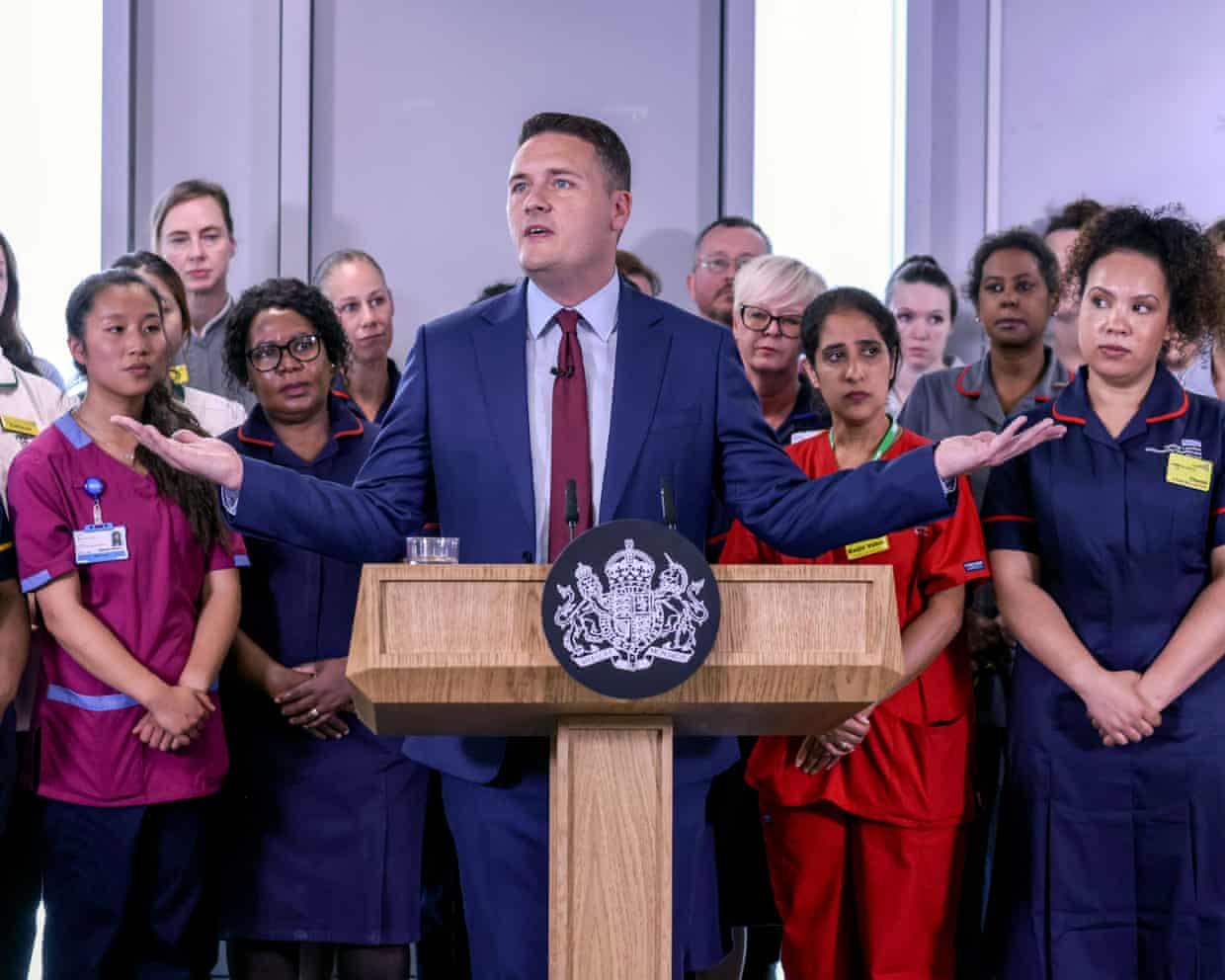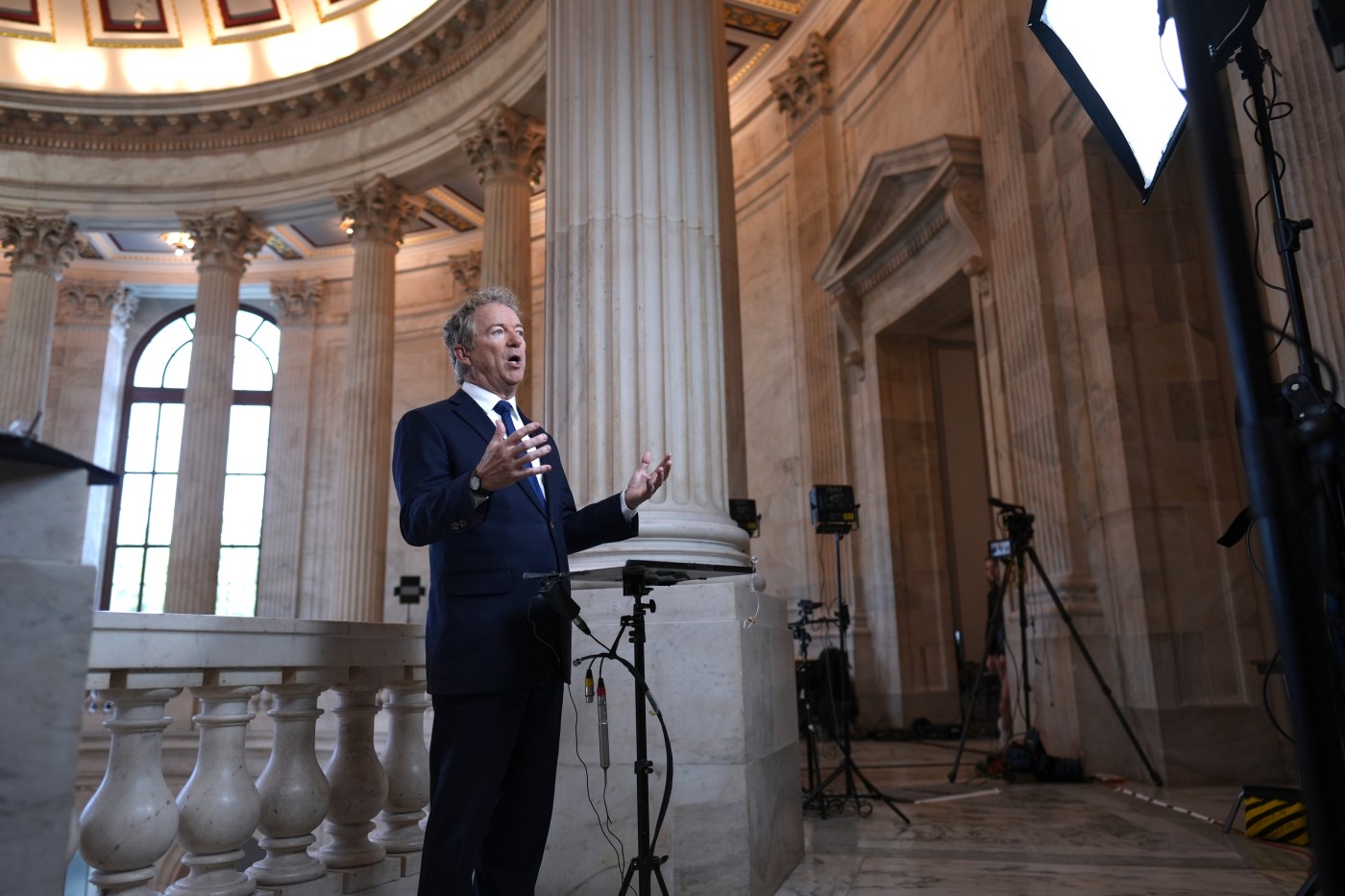The future of the National Health Service (NHS) in the United Kingdom hinges on the success of reforms proposed by Wes Streeting, the Shadow Health Secretary. As Labour seeks to address long-standing issues such as NHS waiting lists, the party faces both a critical opportunity and significant risk. Streeting’s recent announcement to cut approximately 18,000 administrative jobs aims to generate £1 billion annually for frontline care, but it also raises concerns about job losses and the impact on staff morale.
Recent polling conducted by the Health Foundation in September revealed that more than a third of Britons believe waiting lists for NHS services are increasing, despite evidence showing a decline during Labour’s first year in power. Only a quarter of respondents were aware that waiting lists had actually fallen. This disconnect highlights the emotional weight that waiting lists carry for the public, making it a critical issue for any government.
Streeting’s proposed reforms have prompted mixed reactions. While the cuts to administrative roles are designed to streamline operations and reallocate resources, the implementation will require significant upfront costs. Amid ongoing strikes by healthcare professionals and the pressures of a looming winter, the timing of these reforms poses additional challenges.
The Shadow Health Secretary has emphasized that cutting bureaucratic roles is necessary to redirect funds towards patient care. Merging NHS England with the Department of Health and Social Care is part of a broader strategy to empower successful hospital trusts and mitigate central control. However, the political risks associated with alienating doctors and healthcare staff are palpable, particularly as the British Medical Association (BMA) prepares for further industrial action.
Progress has been made, with NHS waiting times showing improvement for the first time in 17 years, as of May 2023. The government is targeting a treatment rate of 65% within 18 weeks of referral by March 2024, aiming to reach the ambitious target of 92% by 2029. Yet, this progress remains fragile, as evidenced by fluctuating waiting lists and ongoing disputes with healthcare professionals.
Streeting’s frustration has surfaced publicly, particularly regarding the BMA’s stance on tax contributions from doctors. He has criticized their position, suggesting a lack of willingness to contribute to the funding necessary for the NHS’s sustainability. This contentious relationship could complicate efforts to implement reforms effectively.
The broader implications of Streeting’s approach extend beyond the NHS. The strategy of cutting costs while aiming to improve service delivery may serve as a model for other government sectors. Other ministers are exploring devolution, digital tools, and artificial intelligence to enhance public services, indicating a potential shift in how government operations are structured.
As NHS staff brace for changes that could significantly impact their roles, the emotional toll of job losses cannot be overlooked. Many of those facing redundancy have been integral to the NHS’s response during the pandemic. If the reforms lead to improved patient outcomes, the initial discomfort may be forgiven. However, successful implementation is critical; failure could jeopardize not only Labour’s credibility but also the future of the NHS itself.
The political stakes are high for Streeting. Historically, the last Labour government successfully navigated similar challenges, achieving significant increases in NHS appointments. Recent modelling from the Health Foundation suggests that while Streeting may fall slightly short of his targets, his plans are not unfeasible.
Ultimately, the efficacy of Streeting’s reforms will depend on his ability to balance the needs of healthcare professionals with the urgent demands of the public. If he can navigate these complexities while maintaining a positive public image, he may position himself as a key figure in Labour’s future. Conversely, failure to deliver on these promises could leave both Streeting and the party in a precarious situation as they confront an increasingly disillusioned electorate.







